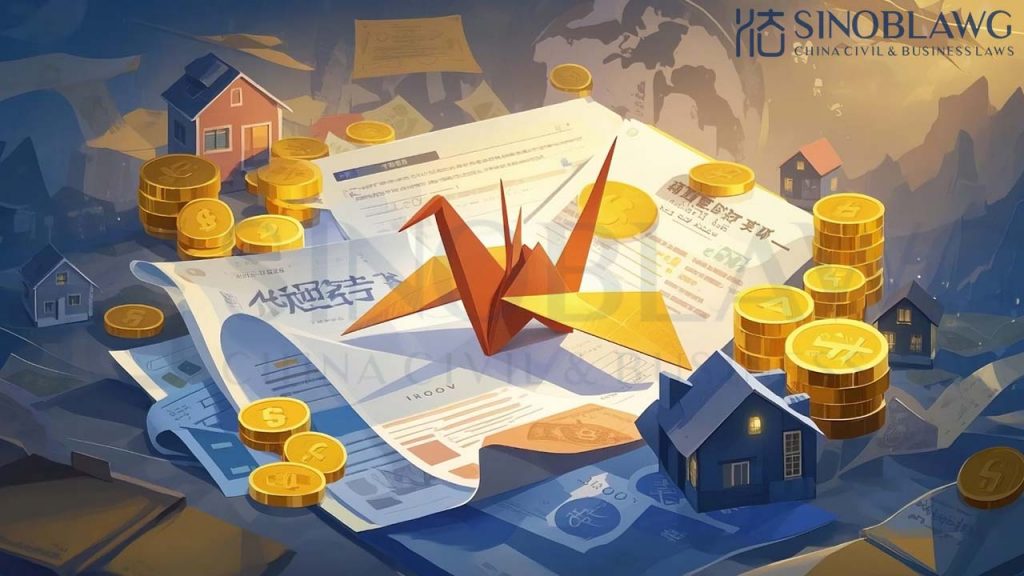China has witnessed its foreign exchange reserve dwindling over the last couple of years on the backdrop of its economy slowing down and its attempt to maintain its currency value.
With that concern, China is trying to manage, if not stop, the holes from which its money is flowing out to overseas. Many foreigners have already felt the pinch and I did get a couple of calls and inquires from clients who were selling their China properties, asking whether China had really tightened control over money outflow.
Indeed, China has taken a couple of actions clearly aimed to prevent money from flowing out of China unfetteredly.
I. Set a New Quota for Annual Withdrawal from Overseas
On September 18, 2015, China State Administration of Foreign Exchange issued a notice to China Unionpay ordering the latter to impose, from January 1, 2016, an annual quota of RMB 100,000 (or its equivalent in foreign currencies) on cash withdrawal from each Unionpay card outside of China, coupled with daily quota of RMB 10,000 (or its equivalent in foreign currencies). There used to be no annual quota on cash withdrawal outside of China from a Unionpay card.
Please note that the annual quota is not imposed per head, but per card. If you have two more more Unionpay cards, then you can withdraw more cash.
II. SAFE has Launched New System Monitoring Personal Foreign Exchange Banking
Also starting from January 1, 2016, China SAFE launched its new monitoring system for personal foreign exchange banking, according to a notice issued on December 25, 2015.
Under this notice, China SAFE is particularly focusing on “lending” and “borrowing” of others’ annual quota in making overseas transfer of funds. Here “annual quota” refers to the USD 50,000 annual quota for Chinese citizens to purchase and sell foreign currencies and the USD 50,000 annual quota for foreigners in China to convert into RMB fund.
(1) upon finding one lending its annual quota in assisting others to circumvent the quota restriction and true-transaction requirement, SAFE will first send a risk notification to remind that person, and if the same person commits the same wrong again, SAFE will put him or her on the List of Attention;
(2) for people who borrow others’ quota to circumvent the quota restriction and true-transaction requirement, SAFE will directly put them on the List of Attention and will accordingly inform them of the same.
(3) Once put one the List of Attention, those people will be subject to a special period of attention by SAFE which starts from the year of listing and the following two years. Within the special period of attention, those listed persons shall have to go to the bank to effect foreign exchange payments by presenting their ID information and supporting documents for the intended payments. In other words, those people will not be able to make foreign exchange payments directly through their online banking.
III. Restrictions on Opening Bank Accounts with China Banks
This is something not backed by any official notice or announcement, but found out by myself when I tried to help a foreign client in opening a bank account in China in order to receive the sale proceeds from the buyer of his property.
I initially called a branch office of bank of China asking whether my client can open a bank account with a L Visa (the travel visa) when he enters into China. I was given an answer “no”, much to my surprise. Instead the bank manager told me that his bank will only help foreigners who hold a work visa to open an account.
Since the client is from Singapore, I called banks from Singapore such UOB, but again, they are not willing to open bank account for foreigners who hold L visa coming into China.
In the meantime, I did notice that some other foreign clients can open accounts without any problem in Beijing.
Finally, I end up successful with Standard Chartered Bank in Shanghai that is willing to open the account for my client.
While this may not be a formal policy handed down from the top, it seems that banks are actively acting prudent in line with the tunes set by China SAFE.






Hi Jason,
My parents are US Citizens who were long term residents of Beijing and have real estate and bank accounts there. Unfortunately, due to their health, they are now no longer able to return to China to deal with their assets there. Would a general Power of Attorney form authorizing me to act as their agent that we have executed in the US and authenticated by the Chinese Embassy, allow me to sell their property and handle any necessary banking transactions? And then would I be able to further authorize someone else (perhaps you or an attorney in Beijing) to act as a sub agent for any other financial transactions that can’t be completed during my trip to China?
HI Mr. Wang, yes, you can deal with the sale of the properties and the bank accounts. However, please note that the sale of property in China won’t be a short process unless you find a buyer who is wiling to pay cash to you. Otherwise, it may take up to anywhere from one month to two months, entailing multiple trips between USA and China. Generally, clients often authorize me to help with the sale from the very beginning to the repatriation of the sale proceeds outside of China. Sub-delegation while operative in theory is subject to more challenge by government officials. If you could get your parents to authorise you to sell the property and then i suggest that you authorize another person or lawyer at the same time.
Thank you very much for the quick reply! If my parents execute a Power of Attorney here in the United States to be authenticated by the Chinese Embassy, does the document need to be translated into Chinese before the authentication? Or can we authenticate the Engliah version and then have it translated at a later time? Also – do you personally provides services as described in Beijing?
You best bet is to have your parents execute a bilingual power of attorney so that there won’t be any problem with it in China. I personally provide services related to sale of property in Beijing. I am help a few foreign clients in selling their property in Beijing.